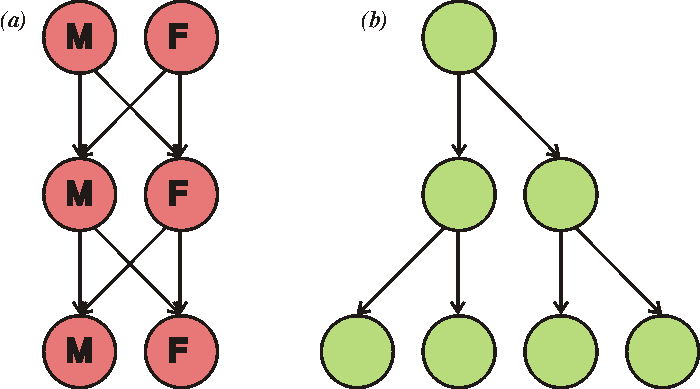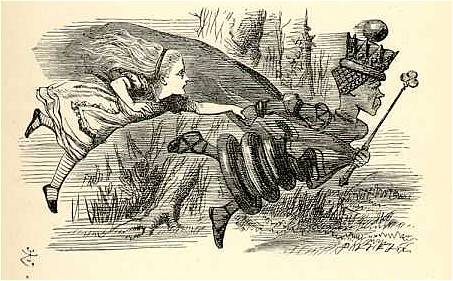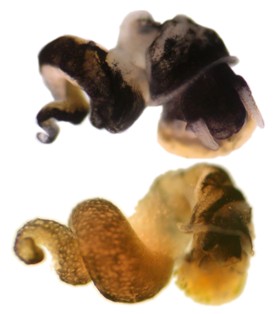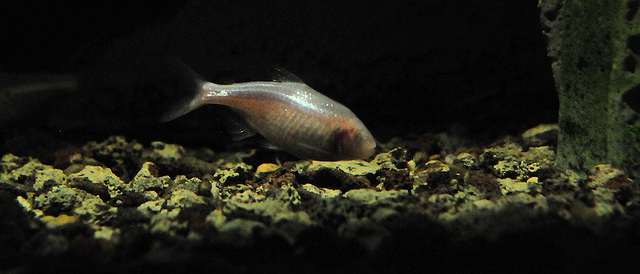![]() This post was selected by Vincent Racaniello as an editor’s selection on ResearchBlogging.org The (revised) title of this post was suggested by Lucas Brouwers. Check out his excellent blog on evolution, Thoughtomics.
This post was selected by Vincent Racaniello as an editor’s selection on ResearchBlogging.org The (revised) title of this post was suggested by Lucas Brouwers. Check out his excellent blog on evolution, Thoughtomics.
Why do we have sex? If this question keeps you up at night, you either have really loud neighbors, or you have the makings of an evolutionary biologist. Some of the most brilliant minds in the field – William Hamilton, John Maynard Smith and George Williams – have spent much of their careers wondering about the value of sex. This is not a reflection on the quality of their sex lives. Rather, it has more to do with their creative insight and ability to look at the world with fresh eyes.
A billion years ago, our ancestors inhabited a world without sex. This was the era of the clones. In this strange world, all organisms reproduced by creating identical genetic copies of themselves, somewhat similar to how modern-day bacteria reproduce [1]. But this clonal strategy has a problem. Populations made up of identical twins are more vulnerable to infection. When a disease comes along, it doesn’t just wipe out a few individuals. It can take out the whole lot.
When sex arrived, it introduced a new pace to life. Organisms were mixing and matching genes in combinations never seen before. Imagine a world where you had to dress well to survive. In such a world, the invention of sex is like going from wearing uniforms to having your own wardrobe. You could pick a gene from here, another from there, and put together a novel offspring. And if a particular outfit were deemed ‘unfit’, it’s not a huge tragedy as there are plenty of alternatives.
In this way, sex helps us by innovating new evolutionary solutions and by protecting us from disease. But sex is not without its discontents. For one thing, sexual reproduction implies that you only pass down half your genes to your offspring. The other half come from the other parent, and they combine to make an offspring with a full set of genes. On the other hand, in asexual reproduction, the mother passes on a full set of genes to her offspring. So by adopting sex, your genes are travelling half as far. In evolutionary terms, this is a huge cost, and sex had better have a lot to offer for it.

Do the benefits outweigh the costs? We would certainly like to think so. But when evolutionary biologists did the math, they worked out that the answer is usually no. Your genes typically have more to gain if you reproduced asexually.
So what gives? Why, then, do so many species adopt a sexual lifestyle? Well, here’s a brilliant solution offered by Hamilton and others: if you are under constant attack by rapidly evolving parasites, then sex is a better strategy than cloning yourself. This idea came to be known as the Red Queen hypothesis and can be summarized in one line: it’s harder to hit a moving target.

Continue reading Why have sex? To fight parasites, of course!

